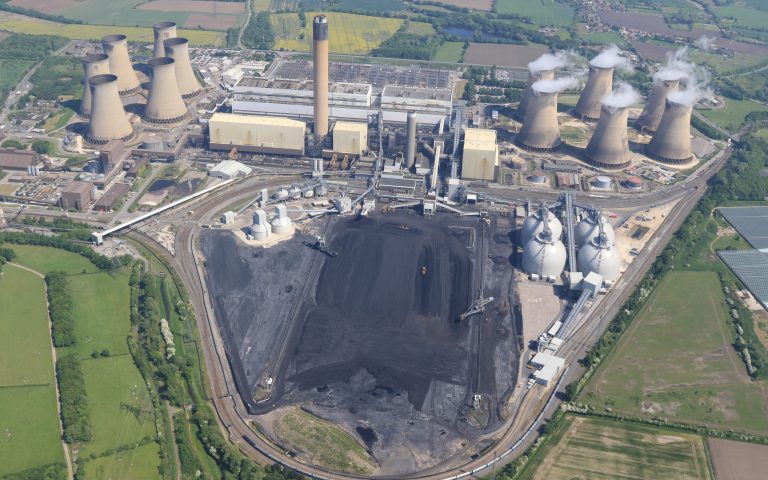Drax Group (LSE:DRX) is a UK utilities company specialising in biomass fuel. The Drax share price has rebounded spectacularly since the March market crash, rising over 144%. If you’re interested in investing in renewable energy stocks, I think this looks like a company with a solid future ahead.
Transitioning to renewable energy
Last week Drax signed a bid to the UK government requesting it support viable negative emissions projects in the 2020s. It signed this in collaboration with other UK organisations, such as farmers and aviation companies. The request is for both structural and financial help to speed up project development. Specifically, for projects aiming for a sustainable and resilient recovery from Covid-19, while forging ahead with removing carbon dioxide (CO2) and other pollutants from the atmosphere.
Drax is planning the world’s first carbon negative power station in North Yorkshire. It intends to do this by combining sustainable biomass with carbon capture technology. This sounds a worthy endeavour and will create thousands of jobs, at a time when job losses are escalating. But not everyone likes the idea. While touted as a renewable fuel, Biomass uses wood pellets, which involves the destruction of forests, which many environmentalists are campaigning against. The government has already pledged an £800m investment towards carbon capture and storage, of which Drax is a recipient. But campaigners would prefer this money go to wind and solar related projects.

Drax’s existing power station is both biomass and coal-fired, but it intends to shift away from coal by March 2021. It will then close its remaining coal units in September 2022. This is part of its aim to become carbon negative by 2030.
Considering Drax has transformed from being one of the world’s worst polluters of coal to aiming for carbon negativity, shows resilience and a willingness to adapt for survival. While in an ideal world, everything would be powered by the wind and sun, I believe compromises are inevitable. Biomass is far from perfect, but it’s preferable to coal, so I don’t think it will be written off soon.
Resilient financials
FTSE 250 constituent Drax has a $1.1bn market cap and adjusted earnings per share for full-year 2019 were 30p. Based on this, the current price-to-earnings ratio is around 9, which indicates an undervalued share price. In its half-year report to 30 June, it presented strong cash generation and a balance sheet with £694m of cash and an extended £125m ESG CO2 emission-linked loan facility available until 2025.
Drax has reduced its reported carbon emissions by over 85% since 2012 and is now generating 11% of the UK’s renewable electricity. Despite its recovery, the Drax share price remains down 8% year-to-date, which I think is due to short-term concerns. There may still be problems ahead with Brexit and the ongoing pandemic creating uncertainty. A decline in the pound’s value could affect the cost of biomass, which it reports in US dollars, and a drop in consumer demand or an increase in bad debts could also dent profits.
Being a utility stock with government support and consumer reliance, it’s got defensive qualities that appeal to long-term investors. An estimated full-year dividend payment of 17p gives a yield of almost 5.8%, which is excellent. Despite the short-term concerns, I think investing in renewable energy stocks is a wise move and would consider adding Drax shares to a long-term portfolio.







